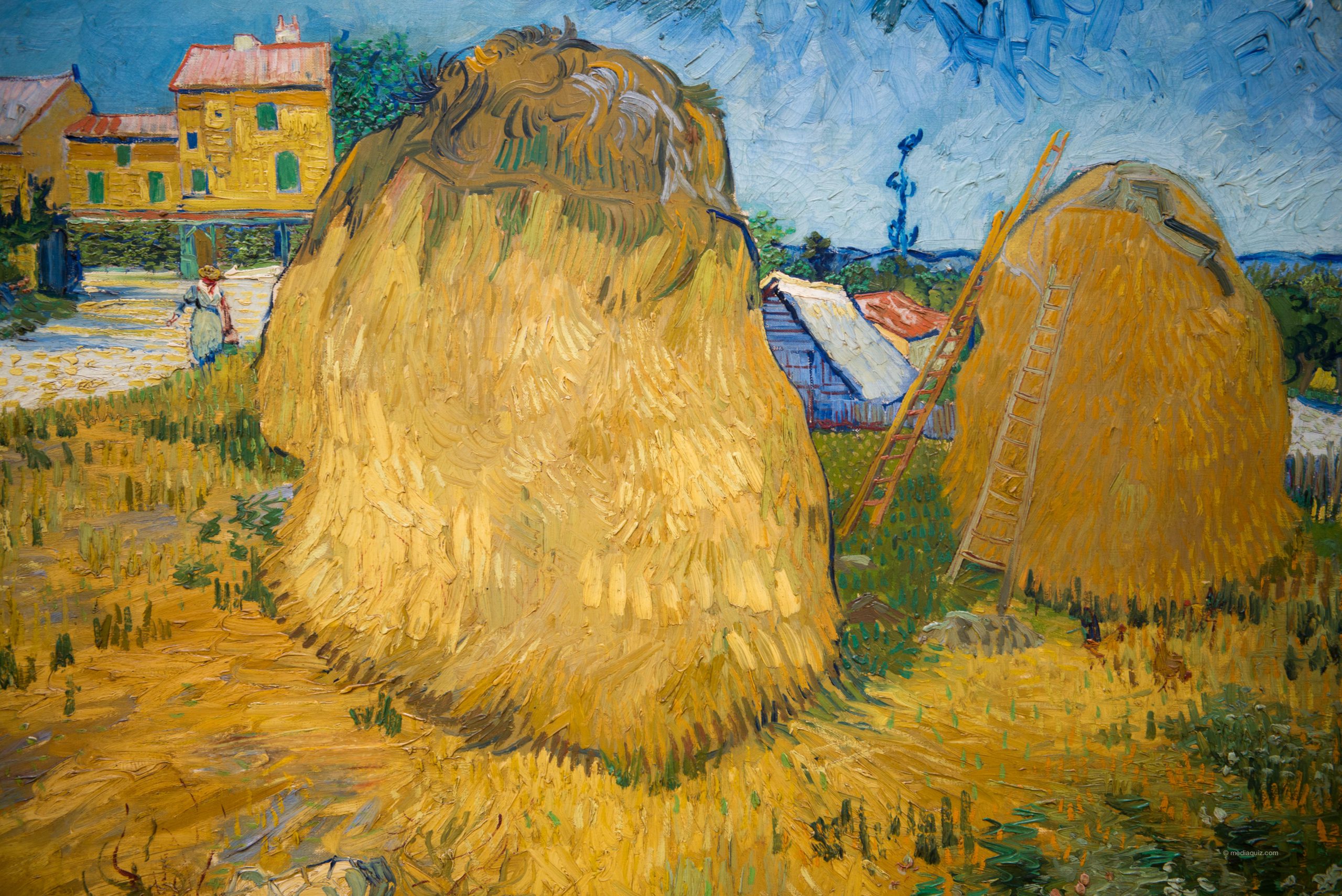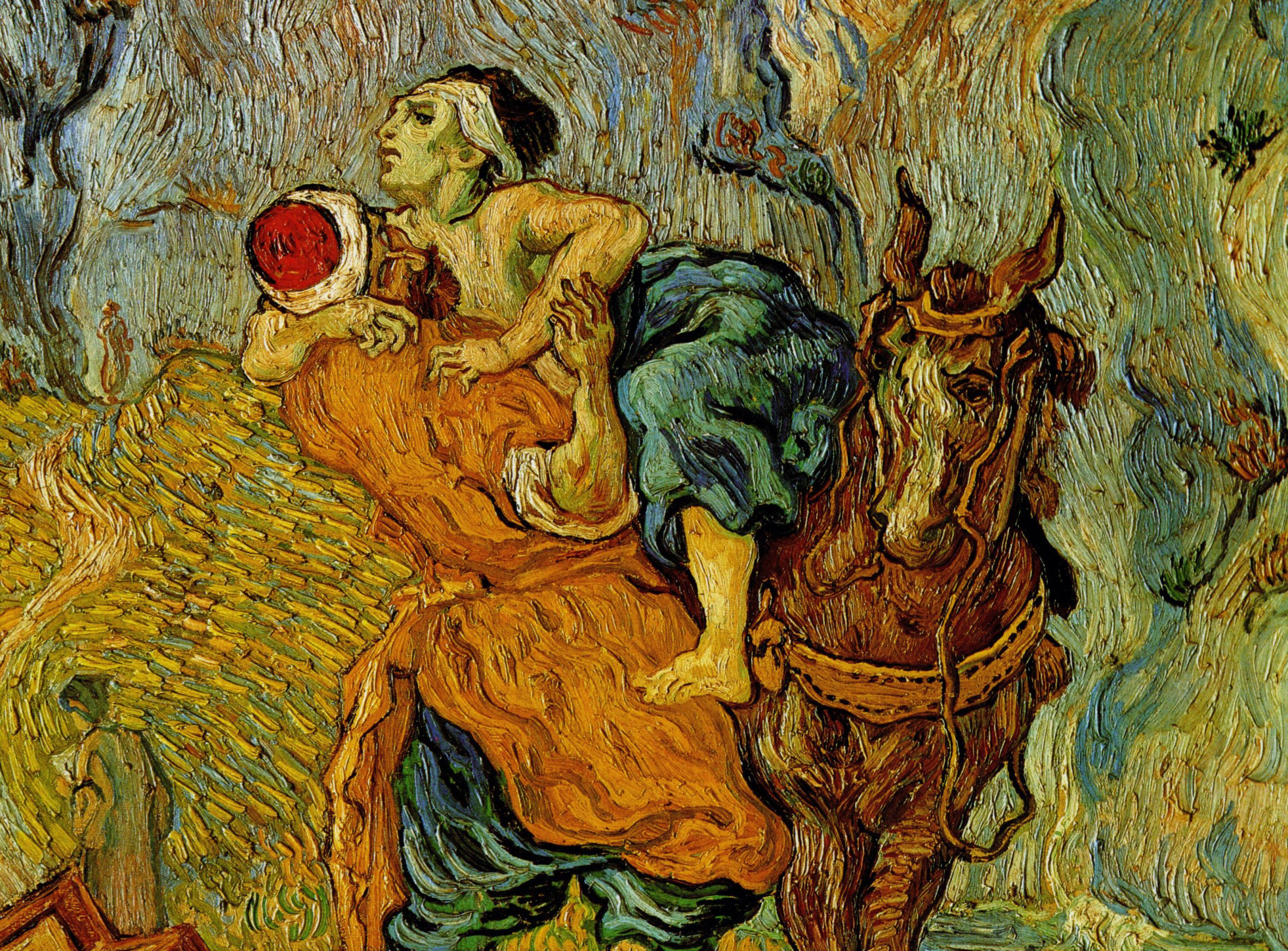
I was still crying a good five minutes after finishing the first season of “Rain Dogs,” HBO’s black comedy written and created by Cash Carraway and starring Daisy May Cooper. Cooper plays Costello Jones, a working-class British mom with aspirations of becoming not just a published novelist but a critically acclaimed one (the show contains two mentions of the Booker Prize over the course of its eight episodes!).
Aspirations aside, life is not easy for Costello or her daughter Iris (Fleur Tashjian). The show opens with them getting evicted. Costello has been doing sex work, and it’s not making the ends meet. In that first episode, she tries many things to find somewhere else to spot up—the laundromat, breaking into a friend’s car, taking up a strange man’s offer to stay in his apartment—but none work.
The only option she has is her toxic friend Selby (Jack Farthing), who the liner notes call “Iris’ pseudo father (and Costello’s pseudo soulmate).” The series opens with his release from jail for his regular reliance on physical violence. In “Rain Dogs,” we never see him hit Costello, but the characters make several allusions to the fact that he has and does. Still, Selby has money. Unearned family money but enough to pay off Costello’s tab with her landlord and get her out of this particular bind.
Of course, more problems lie ahead. “Rain Dogs” follows Costello and Iris through them as the duo rises and falls, finding and losing bits of happiness.

This may not sound much like a comedy, even the “dark comedy” of the show’s branding, but “Rain Dogs” fits the genre as well as the much-acclaimed “The Bear” does. There are funny bits, and Cooper consistently lands her character’s jokes and gets humor out of her swagger. And she’s supported by a delightful Ronkẹ Adékoluẹjo as Gloria, the mother-daughter pair’s “loyal yet chaotic godmother/best friend.”
But the point of “Rain Dogs” is not to make you laugh. Rather, it poses a series of questions around class, sexuality, and authenticity that recognize the absurdity of it all even as it does not attempt to propose solutions.

Costello and Iris face a harsher world than anyone else in the show. Not because they are simply poor. Or because Costello is an alcoholic. Or because she does sex work. No, their hard lot is because of their lack of resources—not just monetarily but also in their network. Costello has no given family to rely on.
In contrast, both Gloria and Shelby do. Each one has one dead parent and one living with the remaining relative financially supportive if judgmental. These friends of Costello do not have happy family lives. But they have their parents. Costello does not, and without this most basic of safety nets, she suffers.
American viewers may be surprised by the level of support our heroine gets from the state—she avoids homelessness thanks to a British government that houses its citizens, however modestly. She does not, however, avoid despair.
Part of the problem is that Costello is just so entirely herself. She’s “a bit of a dick,” as a potential employer characterizes her (and she agrees to the label). She’s loud and brash, insisting on telling her own story without the filter of a journalist who would interview her or the social media chatter that would define her. “Rain Dogs” shows her voice as powerful—she goes viral and attracts a publisher’s attention. But the strength of her self-assurance also works against her. She pays a heavy price for not acting “how authors behave” in one pivotal scene while simultaneously defending her authenticity as working class.
Costello can’t win. The system is stacked against her, even as it’s quick to judge her for trying to build upon whatever tiny slice she’s currently balancing on. Costello’s struggle of trying to love and raise a child despite being an imperfect person is made so much more difficult for reasons beyond her control. It’s enough to reduce this critic to tears.
There’s a lot of injustice in “Rain Dogs” but also a lot of love, bawdy humor, and perseverance. It’s ultimately a show about flawed people trying to do more than survive, and sometimes failing at it.
Whole season was screened for review. “Rain Dogs” premieres on Monday, March 6th.




